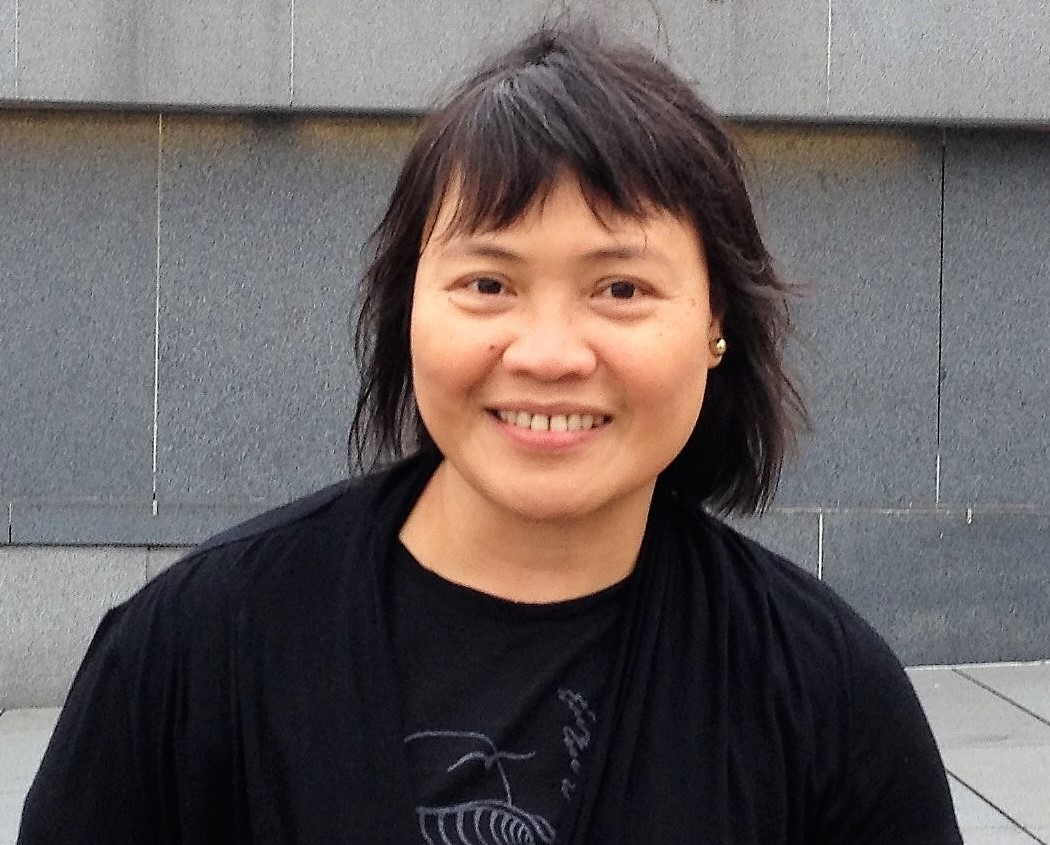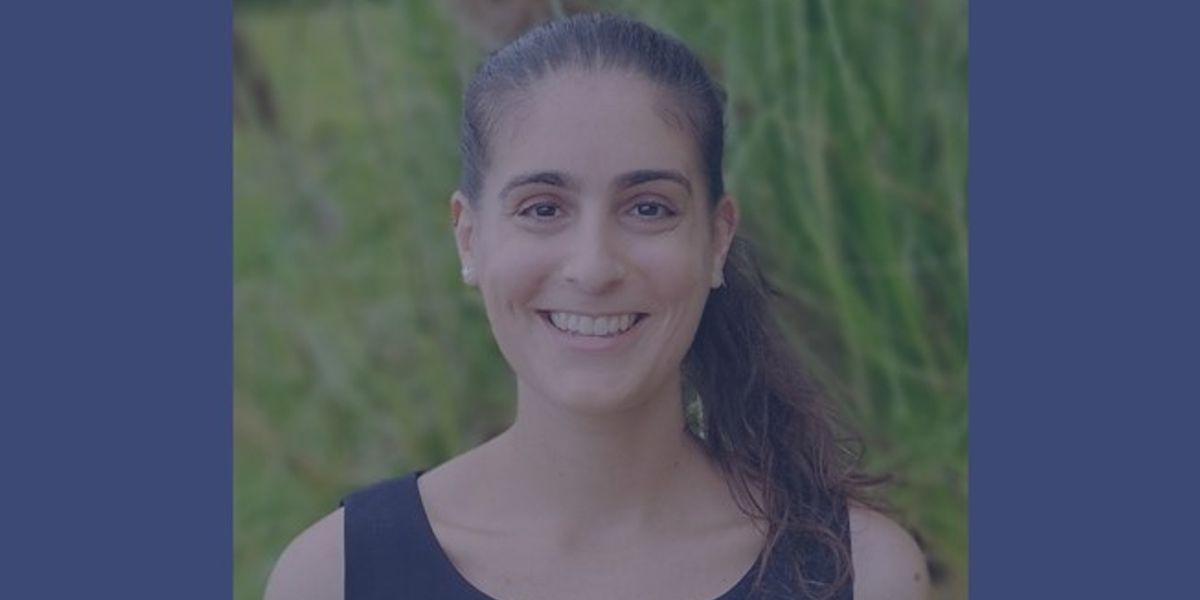The pandemic has upended organisational strategies across industries and geographies. For a lot of business technology and digital leaders, the lockdowns over the past year and a half also meant a change, a transition, to a new role and even a major career shift. So what prompts ICT leaders to take this major step? What lessons can they share with people who are rethinking priorities in life and work? More so, how can one build a career during a time of constant change? I talked to five leaders who applied their experiences in leading ICT-enabled transformation programmes to a more personal area - their career:
- Dr Elinor Swery of Rookout
- Richard Raj of Knights Move Consulting
- Magriet Roos of Downer Group
- Priti Ambani of Tata Consultancy Services
- Christine Yip of C Why International
Dr Elinor Swery takes a transition-ready mindset: ‘We won’t have lockdowns forever’
Dr Elinor Swery has built a career working on the most innovative and disruptive technologies in New Zealand, and now in Israel. The solutions engineer and head of partnerships at Israeli firm Rookout left Aotearoa in 2019, just over a year before the first lockdown in 2020.
She moved to Tel Aviv to work at startup Nexar, as product manager, then director of technical sales. Thus, Israel was in the middle of its third lockdown when she started at Rookout.
The entire application and interview for the job was online. Swery finds that working remotely actually has many benefits. “You can ease into the role without being overwhelmed with so many new people around, and the fact that it’s somewhat more accepted to have you ease into the role.”
Swery met her boss in real life after a month-and-a-half. “First thing he said was that he didn’t realise I was tall!”
Some restrictions have been lifted since the official lockdown, so her work schedule and locale also evolved. “Our company has asked us to come into the office at least twice a week. I try to come in three to four days a week as I still prefer working in the office. Our office has smaller rooms with glass walls for individual teams, so we are not working in a big open space, which makes things easier.”
Swery has also started her MBA part-time at the Coller School of Management in Tel Aviv University. She has a PhD in mechanical engineering from the University of Auckland. Her New Zealand stints include IBM (colleagues called her ‘Mrs Watson’ for her work on artificial intelligence) and Soul Machines where she provided technical leadership on artificial human implementations (‘digital humans’ such as ‘Sophie’ of Air New Zealand and ‘Jamie’ of ANZ).
She shares tips for “making a difference” when onboarding new members of the team:
Provide all the equipment and information needed in advance
“Why not send them their laptop a week before they start? Give them a chance to set up so that on the first day they won’t have to think about which desktop background they need. “Provide a high quality dash cam, keyboard and mouse, and perhaps even an office chair to make their day that much more comfortable.”
Ensure there is a highly detailed onboarding plan for the employee to use
This might include set up tasks (email/signature/software/ensuring access is provided), readings, key people to meet, installations to carry out, she says. “No matter what you give your new employees, make sure it is detailed, has all the relevant links and incorporates many (virtual) face-to-face (F2F) sessions.”
Encourage existing team members to meet with the new employee
“Video F2F calls can be just as effective as in real life, and oftentimes even more so as you don’t have other distractions around, so make sure that relevant folks proactively invite the new member to 30-minute chats. Let them introduce themselves, talk about hobbies, touch on their roles - whatever to start forming the interactions.”
She remembers her first call with the product manager. “It may have felt a bit like an awkward blind date. But heck, we got to know each other, shared travel stories and broke the ice straight away.”
She says other effective methods include having an open 30-minute slot where people can drop by to have virtual coffee, and running a weekly virtual ‘Happy Hour’ with some sort of an organised activity like a quiz, to get the team to interact with each other.
“We won’t have lockdowns forever, but while they are still here and people are working remotely or in a hybrid manner, it’s important to ensure that everyone has their place, in particular those who have had zero interactions with others before,” she states.
“More importantly, start planning for when restrictions will be lifted. The return to office is just as crucial to nail, especially since some of your team would know each other, and the rest won’t create an imbalance. You can perhaps consider throwing some sort of a ‘welcome back’ party.”
This is the first of a five-part series on switching careers in a rapidly changing landscape.
Divina Paredes is a New Zealand-based writer interested in #ICTTrends #Tech4Good #DigitalWorkplace #Data4Good #Sustainability #CivilSociety #SpecialNeedsCommunity #SocialEnterprises
Reach her on Twitter: @divinap

